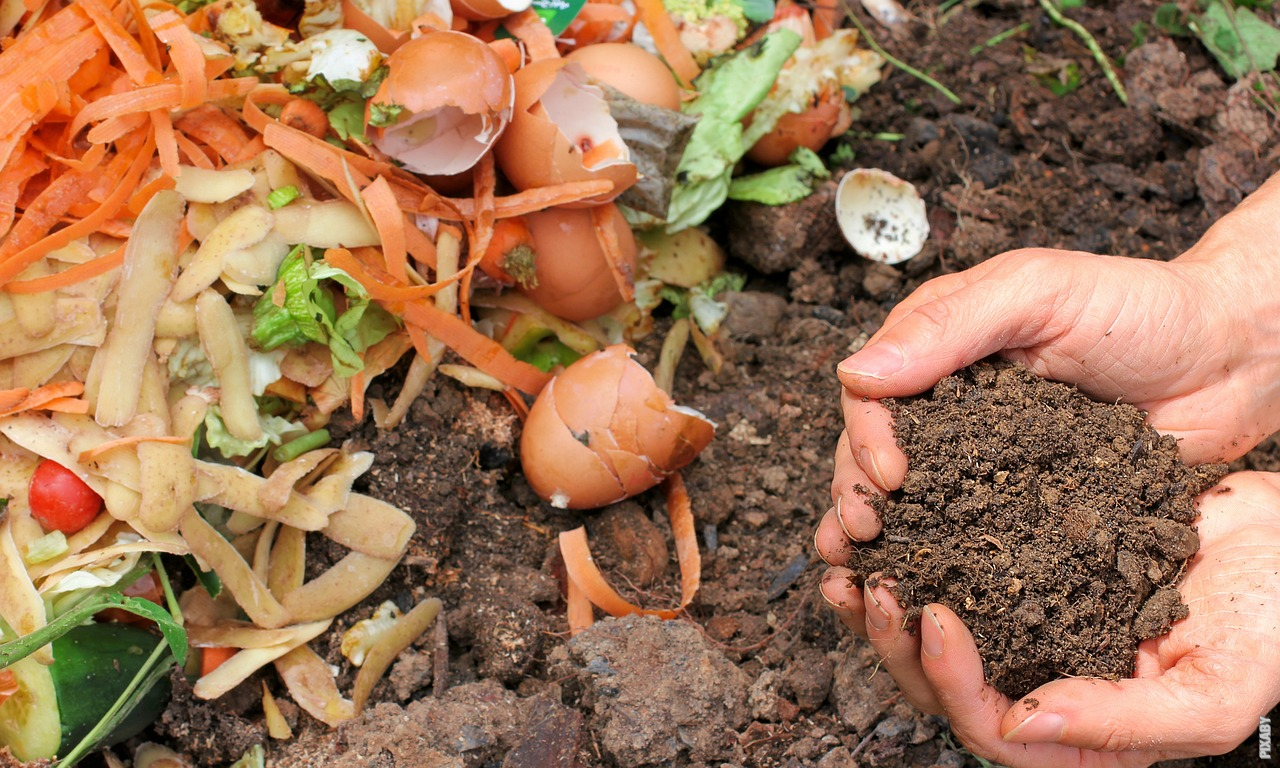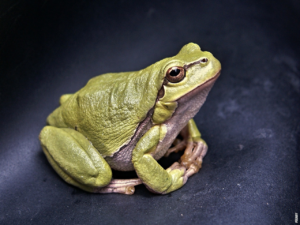The Art of Composting: Turning Waste into Gold
Composting is a fascinating process that transforms organic waste into nutrient-rich soil. It’s a natural way to recycle and reduce waste, while also benefiting the environment and our gardens. Join us as we delve into the world of composting and uncover its hidden secrets.
The Basics of Composting
Composting is the controlled decomposition of organic matter, such as kitchen scraps, yard waste, and leaves. It’s a simple yet intricate dance between bacteria, fungi, insects, and other microorganisms that work together to break down the waste into a dark, crumbly substance known as humus.
The Recipe for Success
Creating a successful compost pile requires the right ingredients. A good mix of green and brown materials is essential. Green materials, like fruit peels and grass clippings, provide nitrogen, while brown materials, such as dried leaves and twigs, contribute carbon. The ideal ratio is roughly 3 parts brown to 1 part green.
The Composting Process Unveiled
Once the ingredients are gathered, the composting process begins. The microorganisms in the pile start breaking down the organic matter, generating heat as they work. This heat is crucial as it helps kill weed seeds and pathogens, ensuring a safe and healthy final product.
The Magic of Decomposition
As the organic matter decomposes, it goes through several stages. Initially, bacteria dominate, breaking down the easily degradable materials. Then, fungi take over, breaking down tougher compounds like cellulose and lignin. Finally, larger organisms like worms and insects contribute to the decomposition process by further breaking down the materials.
Post
Post
A Symphony of Life
Composting is a miniature ecosystem teeming with life. It’s home to countless insects, including earthworms, beetles, and springtails, which play a crucial role in breaking down the organic matter. Additionally, beneficial bacteria and fungi work together to transform waste into valuable nutrients.
The Benefits of Composting
Composting offers numerous benefits, both for the environment and for your garden. Firstly, it reduces the amount of waste that ends up in landfills, reducing greenhouse gas emissions. Secondly, it enriches the soil, improving its structure and fertility. Compost also acts as a natural fertilizer, providing essential nutrients to plants and promoting healthy growth.
Composting at Home
Composting can be done on various scales, from small-scale backyard systems to large-scale municipal composting facilities. If you’re interested in composting at home, there are several methods to choose from, including compost bins, tumblers, and even vermicomposting with the help of worms.
The Final Product
After several months of decomposition, your compost will be ready to use. The final product should be dark, crumbly, and have an earthy smell. It can be used as a soil amendment, mixed into potting soil, or spread on gardens as a natural fertilizer.
Join the Composting Revolution
Composting is not only a sustainable practice but also a way to connect with nature and appreciate the intricate cycles of life. By composting, we can make a positive impact on the planet and create a healthier future for generations to come. So, why not dive into the world of composting and join the revolution today?



